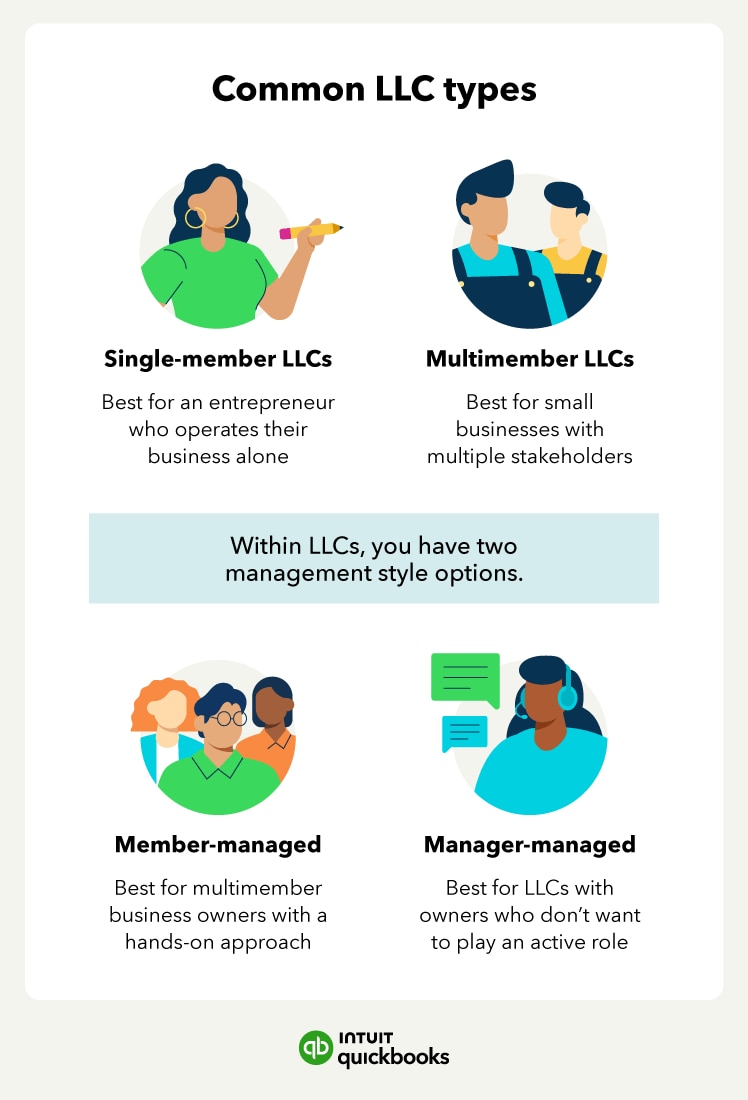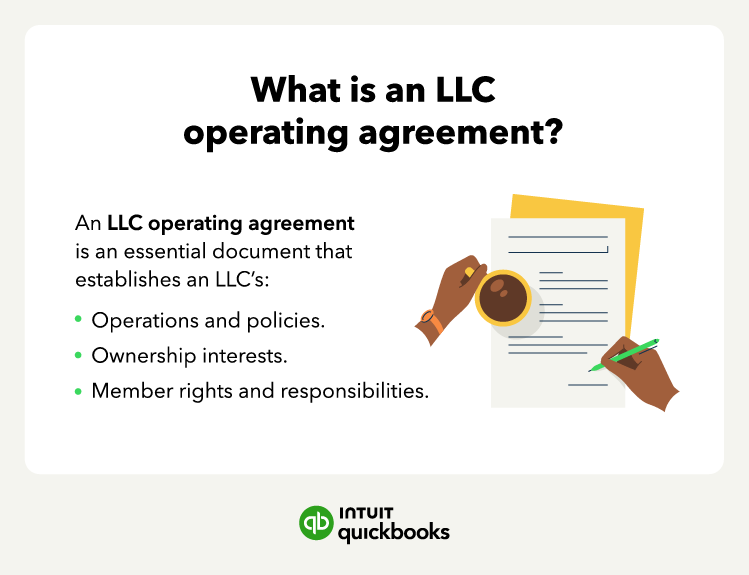Step 1: Choose a name for your Texas LLC
The first step is to select a name for your business venture. This will be the legal name of your business, and you should aim to select a name that will be memorable to your customers and prospects.
Choose a name that is easy to remember and lets prospective customers know what products or services your company will provide. Your LLC's name must also comply with the state’s business naming rules.
Texas LLC naming rules
When choosing a name for your LLC in Texas, there are specific guidelines you must follow:
Uniqueness requirement
- Your LLC's name must be distinguishable from existing entities registered in Texas. To ensure your desired name is unique, consult the Texas Secretary of State's records.
LLC designation
- The name must include one of the following designations:
- Limited Liability Company
- L.L.C.
- LLC
- L.C.
- LC
- Ltd. Co.
Accurate representation
- The name should accurately reflect the nature of your business and not mislead the public about its purpose.
- Avoid names that imply a false governmental affiliation or suggest unauthorized activities.
Restricted words
Certain words require authorization before they can be used in an LLC name:
- “Bank”
- “Trust”
- “Insurance Company”
- Other regulated terms that imply a specific type of business entity
In addition, entity names that are deemed grossly offensive will not be accepted for registration.
Permitted characters
- Your LLC name can include letters from the Roman alphabet, Arabic numerals (0-9), and certain symbols.
Formatting
- The Texas Secretary of State does not recognize differences in font or typeface. Superscript and subscript characters will not appear differently when recorded.
Before finalizing your LLC name, ensure it meets these requirements to avoid delays or rejection in the registration process.
Check for name availability
Once you have chosen a name for your new business, you must ensure that no other company is already using it. To check name availability, use the SOSDirect online search tool provided by the Texas Secretary of State. This service allows you to search existing business names and determine if your desired name is available. Note that there is a $1.00 fee per search. You should also do a county business entity search where you’ll be operating from.
In Texas, subtle variations in business names may not be sufficient to make them legally distinct. The state applies strict criteria when determining name uniqueness. For example, the following minor differences do not make a name unique:
- Suffixes (e.g., Inc., LLC, Co.)
- Articles (e.g., the, a, an)
- Conjunctions (e.g., and, &)
- Singular, plural, or possessive forms of a word
- Spacing, punctuation, or capitalization
When searching for name availability, focus on your preferred core name without these variations.
Reserving your LLC name
While not a requirement, you may opt to reserve your preferred LLC name once you’ve determined it’s available. This can be done easily through SOSDirect. If you prefer to mail in your reservation, you’ll need to submit Form 501 and mail it with the filing fee, which is $40, to Secretary of State P.O. Box 13697 Austin, TX 78711-3697.
Keep in mind that submitting the name reservation does not legally establish your business; it only reserves your name for 120 days. This will give you time to prepare and file the other paperwork needed to formally register your business.
















